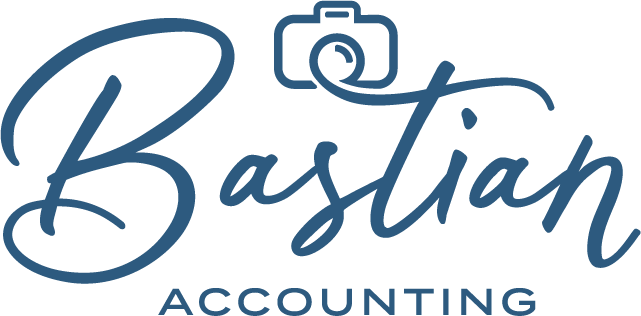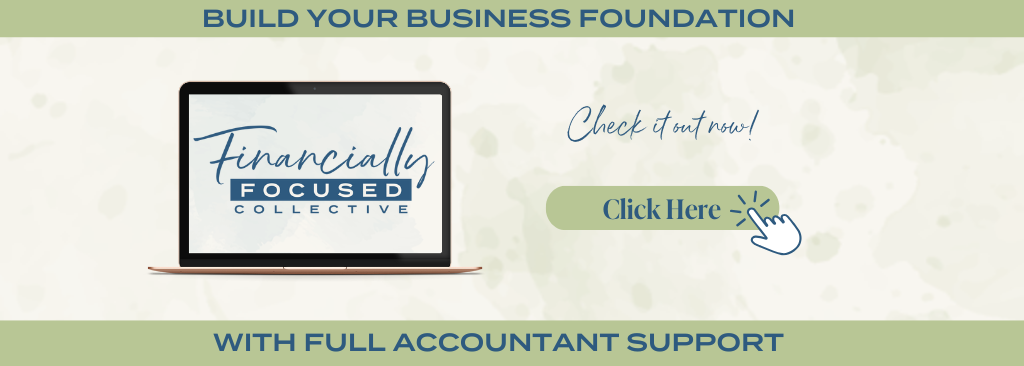Why Relay is My Go-To Business Banking Platform (And Why You Should Consider It Too)
👉Learn more about what you can and can’t deduct inside the Financially Focused Photographer Academy!
Finding a business banking solution that meets my needs has been a game-changer for me as a small business owner. I’ve tried many different options over the years, but Relay has become my go-to. I love it so much that I recommend it to many of our clients. So, I thought it was time to share why I’m such a fan and why you might want to consider switching to Relay for your business banking needs.
What is Relay?
Relay is an online, completely fee-free business banking and money management platform built to help small business owners like us manage our finances with flexibility and ease. It offers modern features that make it easy to track your money, control expenses, and collaborate with your team, all from an intuitive online dashboard.
Did I mention there are no fees? Yep, no sneaky charges. This is a breath of fresh air compared to traditional banks, which love to pile on the hidden costs.
But that’s just the beginning. Let’s dive into the key pros and cons to help you decide if Relay might be the right fit for your business.
The Pros of Using Relay
Up to 20 Checking Accounts: Do you need to separate funds for different projects, clients, or expenses? Relay lets you create up to 20 checking accounts—all without paying a cent in fees. It’s perfect for staying organized and keeping your cash flow clear.
No Fees: I can’t emphasize this enough. Relay is 100% fee-free. No fees for transfers, account maintenance, or incoming wires. It's a huge relief if you’re tired of watching your hard-earned money disappear in random banking fees.
Profit First Friendly: If you follow the Profit First method (a popular cash management system where you allocate money to specific accounts for things like profit, owner’s pay, taxes, and operating expenses), Relay makes it super easy. You can set up multiple checking accounts for each category and manage your cash flow according to the Profit First system with no fuss—and no extra fees.
No Minimum Balance Requirements: Many traditional banks hit you with fees if your account dips below a certain threshold. With Relay, there are no minimum balance requirements—ever. You can focus on running your business without worrying about penalties just for using your money!
Easy Setup: You can sign up and have your accounts up and running in just 10 minutes. No long applications or jumping through hoops—Relay makes it simple to get started.
Advanced Financial Tools: Relay offers features like integrated bill pay, expense tracking, and even team management. You can set up user permissions and give your accountant or team access to exactly what they need—nothing more, nothing less.
Integrates with Accounting Software: Relay works smoothly with accounting platforms like QuickBooks and Xero, making it easier to sync up your transactions and keep your books organized.
FDIC Insured: Your money is safe with Relay. Deposits are insured up to $250,000 through Relay’s banking partners, so you can rest easy knowing your funds are protected.
The Cons of Relay Banking
No Physical Branches: Relay is a fully digital platform, so there aren’t any physical branches. If in-person banking is important to you, this could be a downside. But if you’re like me and do everything online anyway, it’s not really an issue.
No Cash Deposits: Relay doesn’t support direct cash deposits. If you run a cash-heavy business, you can still use a local bank for cash deposits and transfer the funds online to Relay. This way, you get the best of both worlds—handling cash when needed while still enjoying Relay’s fee-free platform for the rest of your banking needs.
Limited Personal Banking Options: Relay is strictly for business banking, so you’ll need a separate personal account elsewhere. But this focus is what makes Relay so efficient for your business needs.
Why I Recommend Relay to My Clients
I’ve been using Relay for a while now, and it’s truly simplified how I manage my business finances. I no longer have to worry about surprise fees or wasting time organizing messy accounts. I love how easy it is to create multiple checking accounts and keep my money separated by purpose—whether it’s for taxes, operating expenses, or savings for future growth.
I also refer many of our clients to Relay because it’s a perfect fit for photographers, creatives, and small business owners who need an efficient, low-cost way to manage their finances. The ability to create multiple accounts with no fees is a huge plus for organizing income streams, budgeting for taxes, or simply keeping your cash flow in check.
And let’s not forget—traditional business banking often comes with frustrating hurdles like minimum balance requirements and high fees. Relay eliminates those headaches. You don’t have to worry about keeping a specific amount in your accounts just to avoid fees. That alone makes Relay a standout option for small businesses.
Want to Try Relay for Yourself?
If you’re ready to simplify your business banking and say goodbye to unnecessary fees, I highly recommend trying Relay. You can sign up for a free account today using my affiliate link. This means I may earn a small commission if you decide to sign up through the link but at no additional cost to you. I only recommend services that I personally use and love, and I think you’ll benefit from Relay just as much as I have
Want to learn more?
We have a few options.
First, check out our FREE Business Expense Guide, where we break everything down what you can and cannot deduct as a photographer.
Check out Sales Tax Bootcamp - This is inside our Financially Focused Photographer Academy
Click here to join my free Facebook Community Financially Focused Photographers
Be sure to follow me on Instagram, Facebook, YouTube, and Pinterest.


